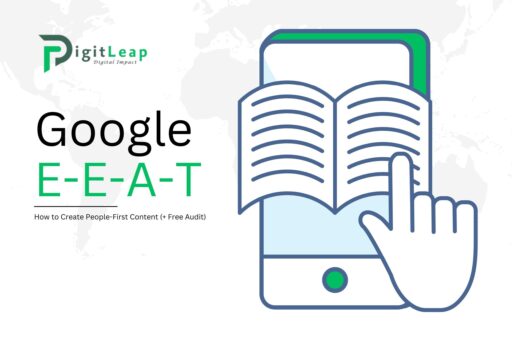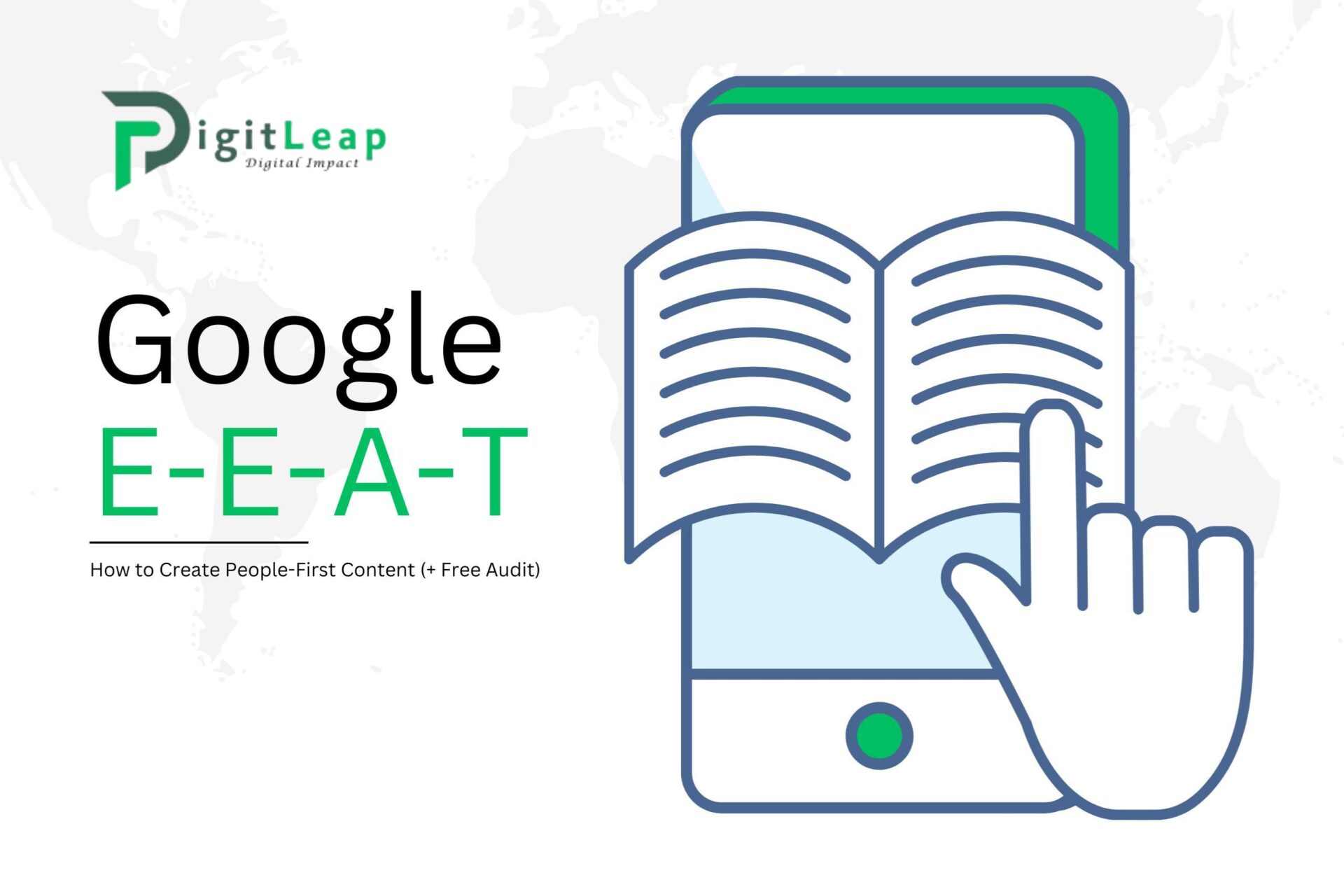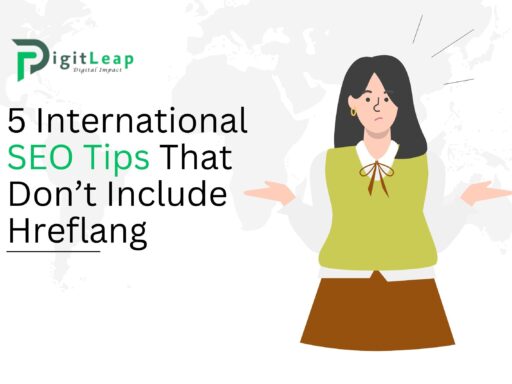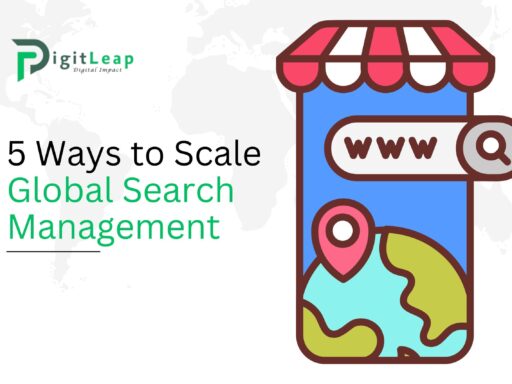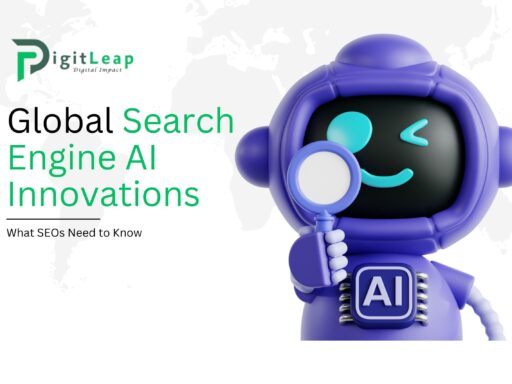Google E-E-A-T: How to Create People-First Content (+ Free Audit)
Google’s search algorithm has evolved significantly over the years, with one major focus in mind: delivering high-quality, trustworthy content to users. If you’re serious about improving your search rankings, you need to understand E-E-A-T—Google’s framework for evaluating content. E-E-A-T stands for Experience, Expertise, Authoritativeness, and Trustworthiness, and mastering these factors can significantly impact how your content performs in search results.
In this guide, we’ll explore what E-E-A-T is, how to create content that aligns with it, and how focusing on people-first content can boost your SEO. Plus, we’ll offer a free audit to help you get started.
What is Google E-E-A-T?
E-E-A-T is a key concept in Google’s Search Quality Evaluator Guidelines. It’s designed to ensure that content meeting the highest standards of quality is prioritized in search results. Let’s break down what each component of E-E-A-T means:
- Experience: Does the creator of the content have firsthand experience with the topic? For example, a review from someone who has used a product is more valuable than one from someone who hasn’t.
- Expertise: Is the content written by someone who is knowledgeable about the subject? Expertise matters in topics like finance, healthcare, and legal advice where users rely on accurate, well-informed information.
- Authoritativeness: Does the website or author have authority in the field? Authority is established through reputation, backlinks from reputable sites, and recognition by others in the industry.
- Trustworthiness: Is the content trustworthy? This includes having accurate information, transparency, and making sure your site is secure (e.g., using HTTPS).
By focusing on these factors, Google aims to rank content that is genuinely helpful, credible, and designed with the user in mind.
Why People-First Content Matters
Gone are the days when you could write keyword-stuffed articles just to rank in Google. Today, it’s all about people-first content—content that is created with the primary goal of helping users, rather than just gaming search engines.
Here’s why people-first content is essential for SEO:
- Improves User Experience: When you create content that genuinely answers a user’s question or solves their problem, it enhances their experience. This, in turn, can lead to longer time spent on your site, lower bounce rates, and more conversions—all of which signal to Google that your content is valuable.
- Earns Trust and Authority: Helpful, informative content builds trust with your audience. When users trust your site, they’re more likely to return, share your content, and even link to it, all of which boost your authority in Google’s eyes.
- Follows Google’s Guidelines: Google prioritizes content that is built around user satisfaction and quality information. Aligning your content with E-E-A-T ensures that you’re following Google’s best practices and increasing your chances of ranking higher in search results.
How to Create E-E-A-T-Friendly, People-First Content
Now that you know the importance of E-E-A-T and people-first content, let’s dive into practical steps you can take to create content that both users and Google will love.
1. Focus on User Intent
The first step to creating people-first content is understanding user intent—the purpose behind a user’s search query. Are they looking for information, wanting to make a purchase, or comparing products?
To align your content with user intent:
- Use keyword research tools to understand what users are searching for.
- Create content that directly addresses their questions or needs.
- Offer actionable insights, tips, or solutions that provide real value to your audience.
2. Establish Your Expertise and Experience
Expertise and firsthand experience are crucial, especially in Your Money or Your Life (YMYL) topics, which include content related to health, finances, or safety. Google wants to ensure that the content people rely on for important decisions comes from experts.
- If you’re a professional, highlight your credentials or experience in the topic.
- Add author bios that emphasize your expertise and experience with the subject.
- If relevant, include case studies, personal experiences, or reviews to showcase firsthand knowledge.
3. Build Authoritativeness
Authority isn’t something you can build overnight, but it’s essential for long-term SEO success. One way to build authority is by earning backlinks from reputable websites in your industry. Here’s how to strengthen your authority:
- Create high-quality, shareable content like research papers, in-depth guides, or infographics.
- Collaborate with influencers or other authoritative figures in your industry to gain exposure.
- Stay active on social media and participate in conversations around your industry.
4. Prioritize Trustworthiness
Trust is one of the most important pillars of E-E-A-T. Without it, even the most well-researched content can fall flat. Here’s how to build trust with your audience and Google:
- Use accurate information: Back up your claims with credible sources and cite them appropriately.
- Secure your website: Ensure your site uses HTTPS, as Google considers security an important trust factor.
- Be transparent: Make it easy for users to contact you, include a clear privacy policy, and make sure your content is free from misleading information.
5. Regularly Update Content
Outdated content can hurt your rankings, especially if you’re in a fast-paced industry like technology or healthcare. Make it a priority to regularly update your content to ensure it’s relevant, accurate, and aligned with the latest industry trends. Fresh, updated content shows Google that your site is active and committed to providing valuable information.
6. Encourage User Interaction
Encourage readers to engage with your content by leaving comments, asking questions, or sharing it on social media. High engagement is a signal to Google that your content is useful and relevant.
- Include clear calls-to-action (CTAs) that invite users to interact.
- Ask questions at the end of your posts to encourage discussion.
- Make your social sharing buttons visible to increase the likelihood of shares.
Free SEO Audit: Is Your Content Meeting E-E-A-T Standards?
Creating E-E-A-T-friendly content takes time and effort, but the results are well worth it. Want to know how your website measures up? At DigitLeap, we offer a free SEO audit to help you evaluate your content’s alignment with Google’s E-E-A-T standards.
Our audit will:
- Analyze your content for expertise, experience, authority, and trustworthiness.
- Provide insights on areas that need improvement.
- Offer actionable recommendations to help you create more people-first content.
Whether you’re just starting out with SEO or looking to refine your strategy, this audit can give you a clear roadmap for success.
Conclusion
Google’s E-E-A-T framework emphasizes one thing above all else: trust. By creating people-first content that’s grounded in experience, expertise, authority, and trustworthiness, you can not only improve your search rankings but also build a loyal audience. It’s about delivering real value to users while ensuring your content meets Google’s evolving standards.
At DigitLeap, we specialize in helping businesses craft SEO strategies that work. Let us help you create content that connects with your audience and climbs the search rankings. Ready to take your content to the next level? Claim your free SEO audit today and start optimizing for E-E-A-T success!

